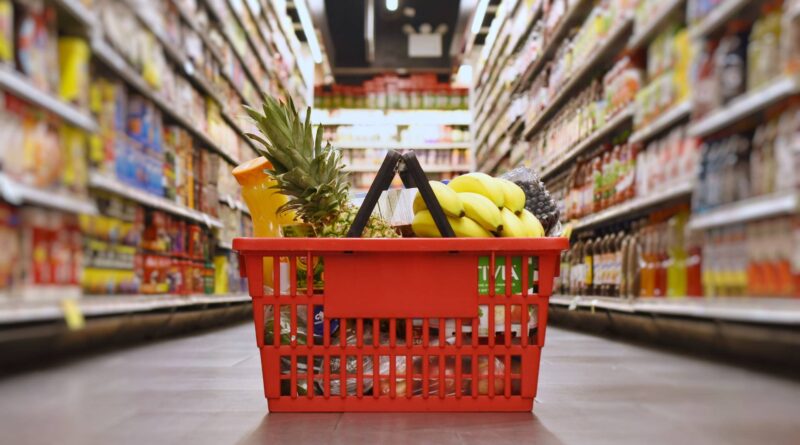How Local Ugandan Supermarkets Are Contributing To Uganda’s Economy
Towards the end of June 2023, the Uganda Manufacturers Association organized a pivotal dialogue to bridge market information gaps between producers and distributors. The dialogue aimed to forge ways of promoting the uptake of locally manufactured goods within the domestic market alongside key stakeholders, including manufacturers, supermarket owners, UMA representatives, UNBS-Quality Standards Bureau, Uganda Revenue Authority, and the Minister of State for Industry, who attended this crucial event.
Mr. Tindiwensi, Chairman of the Uganda Supermarkets Owners Association (USOA), shared insights into the historical evolution of supermarkets in Uganda: “Supermarkets entered the Ugandan economy in the late ’80s and early ’90s, with players like Metros cash and carry making their debut. Over time, we’ve seen the rise and fall of various supermarkets, with Carrefour being the most recent and sole operating international supermarket.”
Despite the exit of foreign supermarkets, Ugandan-owned establishments, forming the USOA, persisted. Established in 2020, USOA unites about 60 supermarkets with over 100 outlets across the country, primarily concentrated in the Kampala metropolitan area. The association actively recruits local supermarkets that meet its criteria, with a mission to set quality standards, promote a positive supermarket image, protect consumers, and safeguard the business interests of its members.
Uganda’s supermarket customers predominantly consist of younger, educated individuals with medium to high incomes. These consumers, often possessing assets like refrigerators and cars, prefer supermarkets for their emphasis on product and food quality, safety, variety, transparency, and customer service.
During the dialogue, there was a strong emphasis on the “Buy Uganda, Build Uganda” (BUBU) initiative. The goal is to ensure every Ugandan-manufactured product secures a space on supermarket shelves and maintains its presence. Mr. Tindiwensi expressed, “The focus is that every consumer manufactured in Uganda should be aimed at having a space in the supermarket shelf and having it stay there.” USOA plays a pivotal role in achieving this objective by providing forums for engagement, advocating for members, promoting good business practices, and facilitating capacity building.
Supermarkets, falling under the services sector, significantly contributed to Uganda’s economic recovery in the 2022/2023 financial year. Out of the 4.5% growth achieved, supermarkets contributed a substantial 2.5%. They serve as major off-takers for agricultural and industrial products, accelerating Uganda’s industrial development by connecting manufacturers with consumers.
Despite the symbiotic relationship between supermarkets and manufacturers, the dialogue brought to light nine pain points raised by manufacturers:
- Long credit sales settlement: Larger supermarkets often have extended waiting periods.
- Advanced payment of products: Supermarkets rarely pay upfront, waiting until sales are completed.
- Unreliability and credibility of supermarkets: Some supermarkets close within six months, causing losses.
- Reluctance to buy local products: Foreign-owned supermarkets tend to favor imported goods.
- Consumer perception: Locally manufactured products are often perceived as inferior.
- Exploitation of local manufacturers: Supermarkets aim for high profits, squeezing selling prices.
- Solicitation of bribes: Some procurement teams seek bribes from suppliers.
- Delay of products on shelves: Manufacturers face losses due to replacements, unlike foreign suppliers.
- Complex application procedure: Cumbersome approval processes hinder local manufacturers.
Through frequent dialogues facilitated by USOA, stakeholders aim to address these challenges collaboratively. Business and supermarket owners were encouraged to strengthen relations, participate actively, and contribute to realizing the BUBU agenda. With ongoing initiatives, Uganda’s business landscape is poised for positive transformation, promoting sustainable growth and collaboration between manufacturers and supermarkets. In the ever-evolving narrative of Uganda’s business landscape, dialogues serve as catalysts for change. By fostering unity, advocating for change, and addressing challenges head-on, stakeholders are shaping a future where local industries thrive, consumers benefit, and the economic landscape flourishes.

